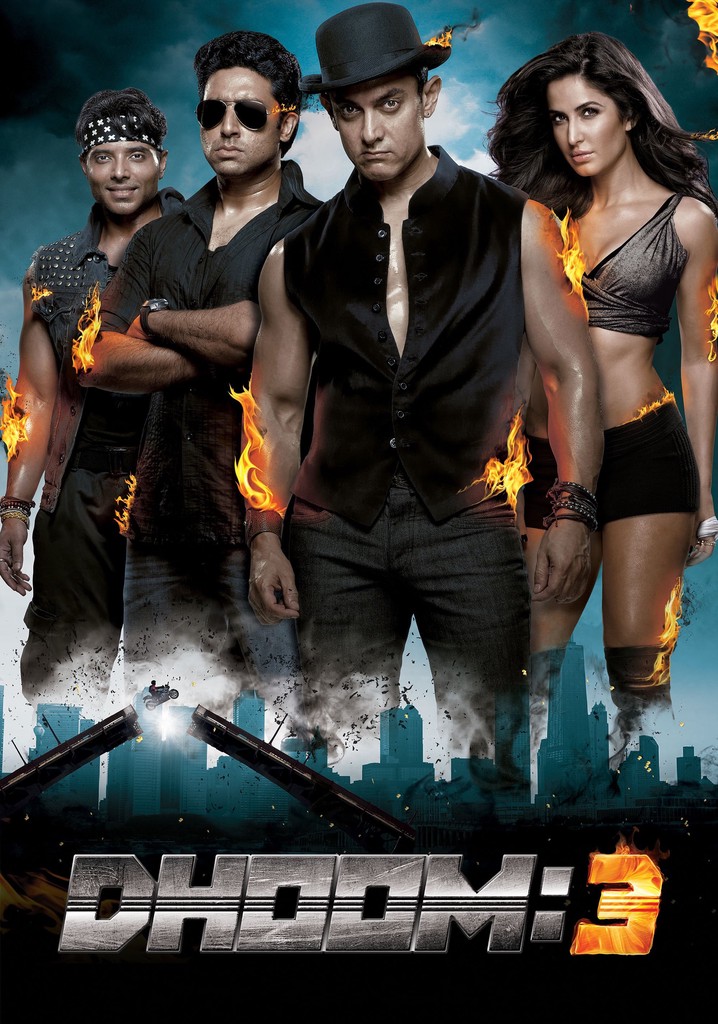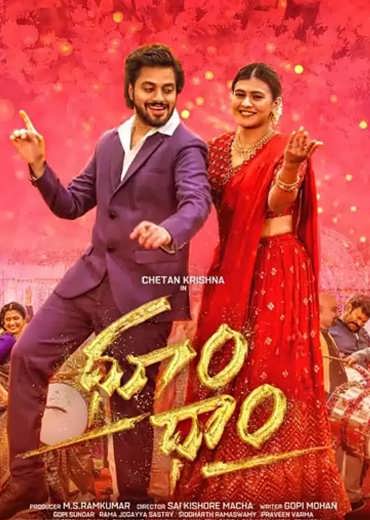Can the Indian film industry sustain its growth with repetitive storylines and lack of originality? The Bollywood industry has faced criticism for recycling themes, yet films like Kick have managed to capture audience attention. Released in 2014 under the banner of Nadiadwala Grandson Entertainment, directed by Sajid Nadiadwala, Kick was an action-comedy that earned a domestic total of ₹1.87 billion in just ten days. Rachit Gupta from Filmfare rated it 3 out of 5, referring to it as a brainless romp, which resonated with fans who enjoyed light-hearted entertainment.
Despite mixed reviews, Kick's success underscores the appetite for formulaic blockbusters. Such movies often rely on star power and spectacle rather than intricate narratives. This trend isn't exclusive to Kick; other big-ticket releases like Dhoom 3 and 3 Idiots also followed similar patterns, blending humor, action, and drama to cater to mass audiences. However, this reliance on established formulas raises questions about innovation within the industry. Can Bollywood continue thriving without pushing creative boundaries? Or is there merit in delivering crowd-pleasers that guarantee box office returns?
| Bio Data | Details |
|---|---|
| Name | Sajid Nadiadwala |
| Date of Birth | March 12, 1978 |
| Place of Birth | Mumbai, India |
| Career | Film Producer & Director |
| First Feature Film | Kick (2014) |
| Notable Works | Dhamaal Series, Housefull Series, Kick |
| Awards | Several nominations for producing successful films |
| Official Website | Nadiadwala Grandson Entertainment |
While Kick garnered attention due to its commercial performance, another film deserving reconsideration is Mission: Impossible 2. Often criticized unfairly compared to its predecessor, this sequel introduced fresh elements into the franchise. Directed by John Woo, known for his visually stunning action sequences, the movie expanded on the espionage genre with a more intricate storyline. It featured Tom Cruise’s Ethan Hunt battling bio-terrorism threats while navigating personal dilemmas—a narrative deeper than what many critics acknowledged initially.
Interestingly, some detractors argue against Mission: Impossible 2 based solely on nostalgic comparisons to the first installment. Yet, the second film innovates by incorporating thematic layers concerning identity and trust, elevating it beyond mere spectacle-driven cinema. Its reception highlights how preconceived notions can overshadow genuine artistic efforts. As viewers become accustomed to specific styles or tones, they may resist deviations even when those changes enrich storytelling.
This phenomenon extends beyond Hollywood to Bollywood projects such as Dhoom 2. Available now on platforms like BiliBili, this sequel retained core elements from its original but added new dimensions through international settings and character development. For instance, Hrithik Roshan joined the cast as Kabir, adding charisma and complexity to the storyline. While sequels risk redundancy, Dhoom 2 succeeded partly because it embraced global influences while staying rooted in local sensibilities.
Ranbir Kapoor exemplifies adaptability amidst evolving trends. Known for versatile performances across diverse genres, he remains one of Bollywood's most sought-after actors. Looking ahead, his slate includes high-profile productions like Dhoom 4, slated for release in 2027, alongside mythological epics such as Ramayana Part 2. Collaborations with leading actresses including Sai Pallavi and Alia Bhatt further solidify his status as a bankable star capable of drawing large audiences regardless of project type.
Comedy continues playing a pivotal role in both industries. Netflix offers extensive catalogs featuring everything from romantic comedies to dark satires designed to entertain varied demographics. Titles such as Dragon, Bhool Bhulaiyaa 3, Khel Khel Mein, and Laapataa Ladies reflect attempts at diversifying comedic offerings. By catering to niche interests, streaming services contribute significantly toward expanding definitions of humor in modern cinema.
Returning to the specifics of Dhoom:3, available via Google Play Movies and Amazon Prime Video, the film rekindled excitement among fans eager for renewed adventures involving Jai Dixit and Ali. Their encounters with antagonists portrayed as enigmatic clowns injected novelty into familiar territory. Despite criticisms regarding predictability, these characters provided enough twists to maintain viewer engagement throughout.
In conclusion, whether discussing Mission: Impossible 2, Kick, or Dhoom series entries, each demonstrates unique approaches towards satisfying contemporary cinematic demands. They remind us that sometimes simplicity paired with execution brilliance can yield rewarding results. Moreover, acknowledging individual merits helps foster appreciation for different forms of expression within the ever-evolving world of motion pictures.




